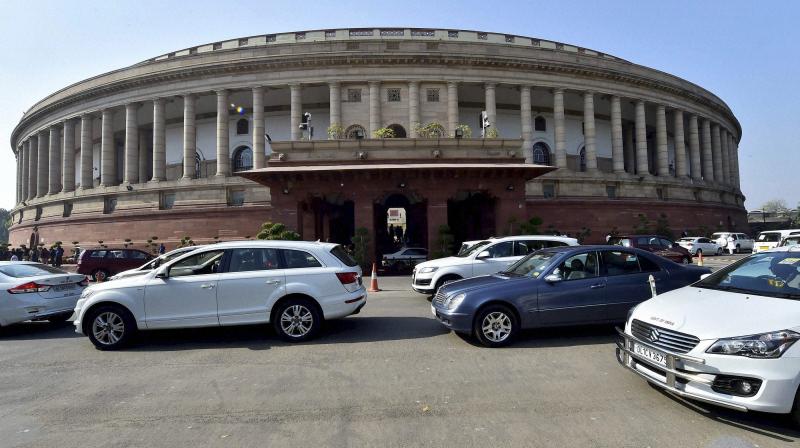India only Asian country with lesser women in Parliament in 2016: report

United Nations: India was the only country in Asia which suffered a "setback" in women's representation in parliaments in 2016, a report by a global inter-parliamentary institution said on the eve of the International Women's Day.
The Inter-Parliamentary Union's (IPU) 'Women in Parliament in 2016: The year in review' released ahead of International Women's Day on March 8 said more ambitious measures and stronger political commitment are needed to enhance women's representation in parliament and keep apace with the significant progress achieved worldwide over the last decade.
The report calls for renewed momentum to ensure women's voices everywhere are included in the decision-making processes.
As in previous years, the report stressed that women's political empowerment cannot be taken for granted.
Outlining the regional grouping's performances, it said in Asia, women's representation in parliament increased by 0.5 per cent, from 18.8 per cent in 2015 to 19.3 per cent in 2016.
Increases, while moderate, were registered in all the countries holding elections - Iran, Japan, Laos, Mongolia, the Philippines, South Korea and Viet Nam - "with one notable exception" of India.
"India recorded the region's only setback. Reserved seats were successfully introduced for women in local government elections in 1994. However, a proposed constitutional amendment introduced in 2008 and intended to reserve national-level seats for women continues to be bogged down in parliamentary debate," it said.
Direct and indirect elections and Government appointments in June and July 2016 returned a total of 27 women of the 244 members of Rajya Sabha.
This was a 1.7 per cent decline in the number of women to 11.1 per cent from 12.8 per cent at the previous renewals.
The report said the worldwide average of women in national parliaments increased marginally from 22.6 per cent in 2015 to 23.3 per cent by the end of 2016.
Ten years ago, women held 16.8 per cent of parliamentary seats in the world ? a 6.5 percentage point gain over the last decade.
However, the rate of progress has stabilised in the recent years, underlining the need for relentless efforts in order to achieve gender balance in politics.
"We must seize the opportunity to build on the successes of recent years because hard-won progress can often be fragile and readily lost, particularly at a time when engaging in politics has become even more challenging.
"Parliaments are crucial to ensuring women are among the world's most high-profile leaders and to strengthening the policies and legislation needed to meet the goal of gender equality and women's full and equal participation at all levels by 2030," IPU Secretary General Martin Chungong said.

